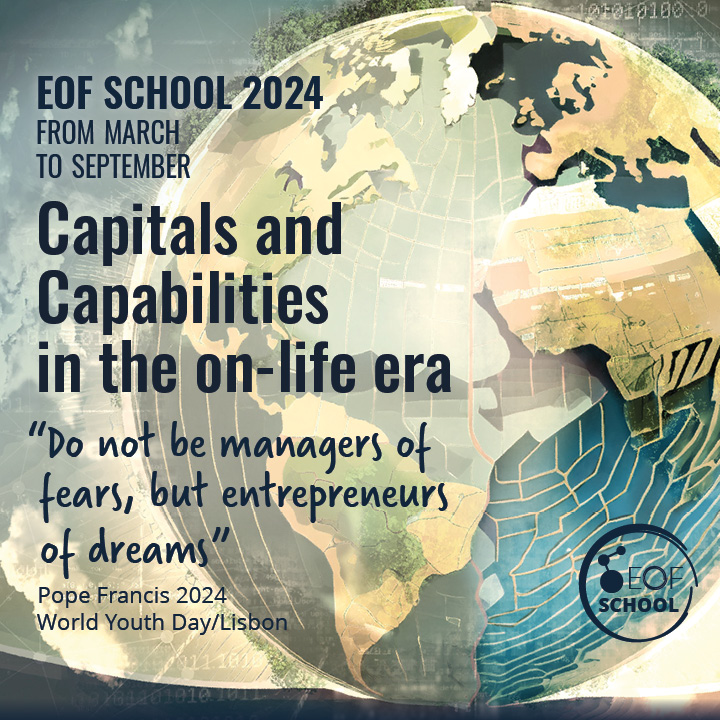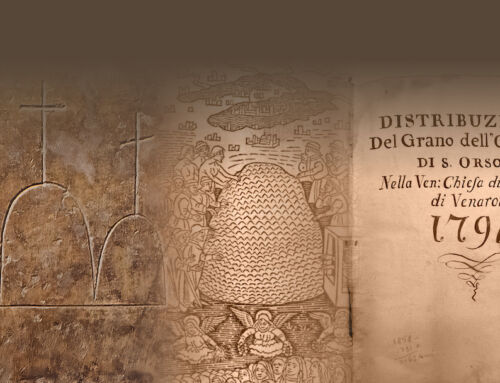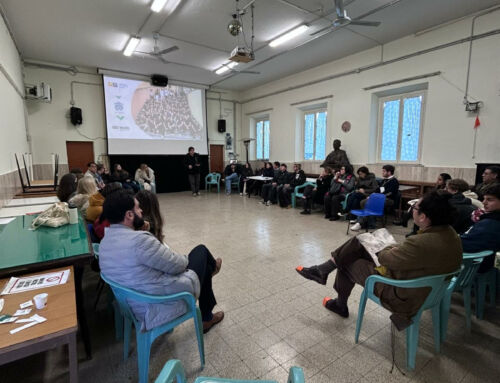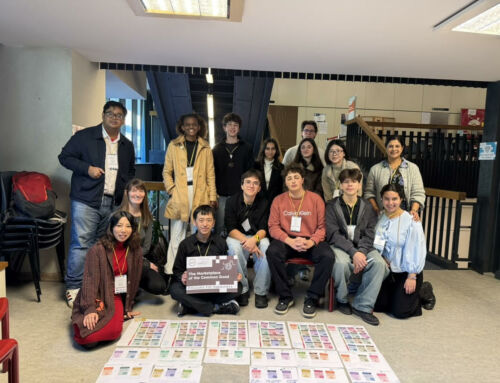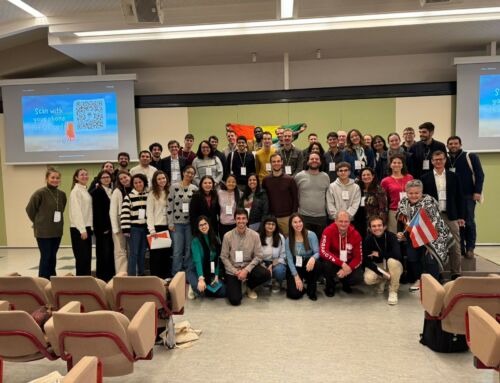The Economy of Francesco School: beyond capitalism, between virtual and reality
from Avvenire 28/02/2024 – by Paolo Santori

Words are in perpetual motion. Imagine a professor and a class of fifty students. The topic of the class is “Capitalism and Inequality. The professor begins by asking, by a show of hands, how many have a negative view of capitalism and, at the same time, how many believe that capitalism exacerbates inequality. No hands remain on a desk. Then, the professor asks individual students to write down what the words “capitalist” and “unequal” mean. Fifty different definitions and combinations arrive on the professor’s computer. A problem arises. It is not that the students are unprepared, but rather that words, expressions of ideas, evolve as reality changes.
The fourth edition of the Economy of Francesco (EoF) School, a free online course organized by EoF scholars, starts with this fact. The global economy is constantly changing. So is the language we use to classify and understand economic, social as well as environmental issues.
Today’s meaning of concepts such as inequality, discrimination, poverty, capital, sustainability, and others is not the same as it was 20 years ago. As Pope Francis has repeatedly stated, reality always supersedes ideas.
One of the cornerstones of the global transformation of the economy is the digital revolution. Human and non-human experiences have been significantly affected by the emergence of the Internet and, more recently, the artificial intelligence systems. In his latest address to the EoF community, the Pope called on young people to find ‘the unity of opposites’ in the contemporary global economy. The opposition between real and digital life, online and offline, no longer captures people’s lived experience. There is a middle ground (On-Life) that we all inhabit through our cell phones and electronic devices.
The fourth edition of the EoF School focuses on this change, investigating a topic that last year has been central to the reflections of the EoF community: the different forms of capital (spiritual, narrative, social, economic, environmental) and, as a complement, the notion of capabilities. Both revolve around the concept of poverty. Poverty is not only (or mostly) about flows (income, wages), but it is also about capital (tangible and intangible). To cite an example, many people today complain of a shortage of spiritual capital. There is an increase (for some) in the supply of money and consumption and, in parallel, an increase in the demand for sense and meaning. So many are not surviving crises in and out of the workplace because the spiritual capital accumulated from centuries of religious, philosophical and literary narratives is disappearing in an increasingly individualistic and atomized society. This too is poverty, and this spiritual capital too is being transformed in the on-life era.
Capabilities originated from the genius of the Nobel laureate in economics Amartya Sen. The most significant theories of justice in Western modernity (starting with Hobbes, Locke, Rousseau to contemporaries Rawls, Dworkin) all had at their core an idea of equality. Sen’s innovative question (at the time) is this: we all agree that justice and equality should go together, but equality of what? In his 1979 lecture, Sen reviews so many of the variables that philosophers had until then inserted within the “what.” Let us take two major paradigms opposed to each other, utilitarianism and (Rawlsian) contractualism. Utilitarians had emphasized the equality of utilities; instead, for Rawls, the equality of primary goods prevailed.
For Sen something is wrong with these approaches. Consider the Rawlsian theory, and let’s assume, simplifying, that primary goods mean primarily individual income. Why is taking income as a measure of inequality to improve the degree of equality an inadequate approach? According to Sen what really matters is not income, but how people manage to turn income into freedom. The true indicator of equality should be freedom. What unites freedom and equality, however, is not income (or some primary good), but what Sen defines by the term capability. So what should be rendered equal is capability, that is, a person’s actual freedom. In other words, Sen is interested in positive freedom, the freedom to be able to choose, and this is crucial to understanding a person’s standard of living. But effective freedom in the on-life era finds new obstacles and barriers (digital literacy, universal accessibility, virtual discrimination).
This is why the fourth edition of the EoF School is structured around the following questions: what forms of capital do we need to address the problems of the on-life era? What capabilities are constitutive of the human experience between the real and the digital? Through the investigation of new and old forms of capital and capabilities, we want to understand how to address global problems such as inequality, discrimination, misery, exclusion and many others.
The pattern of the school remains the same. We have invited international speakers, including the philosopher Martha Nussbaum, along with Sen, who is one of the greatest theorists of the capability approach, and the Nobel laureate Sir Angus Deaton, who for years has been in search of a future for capitalism, to engage them in dialogue with young academics (and others) from the EoF community. The vocation of the EoF youth to fight against apparent injustices and to give a soul to the world economy has not changed. It is urgent to figure out how to apply it in the on-life era.
—
Paolo Santori
Assistant Professor of Philosophy – Tilburg University
